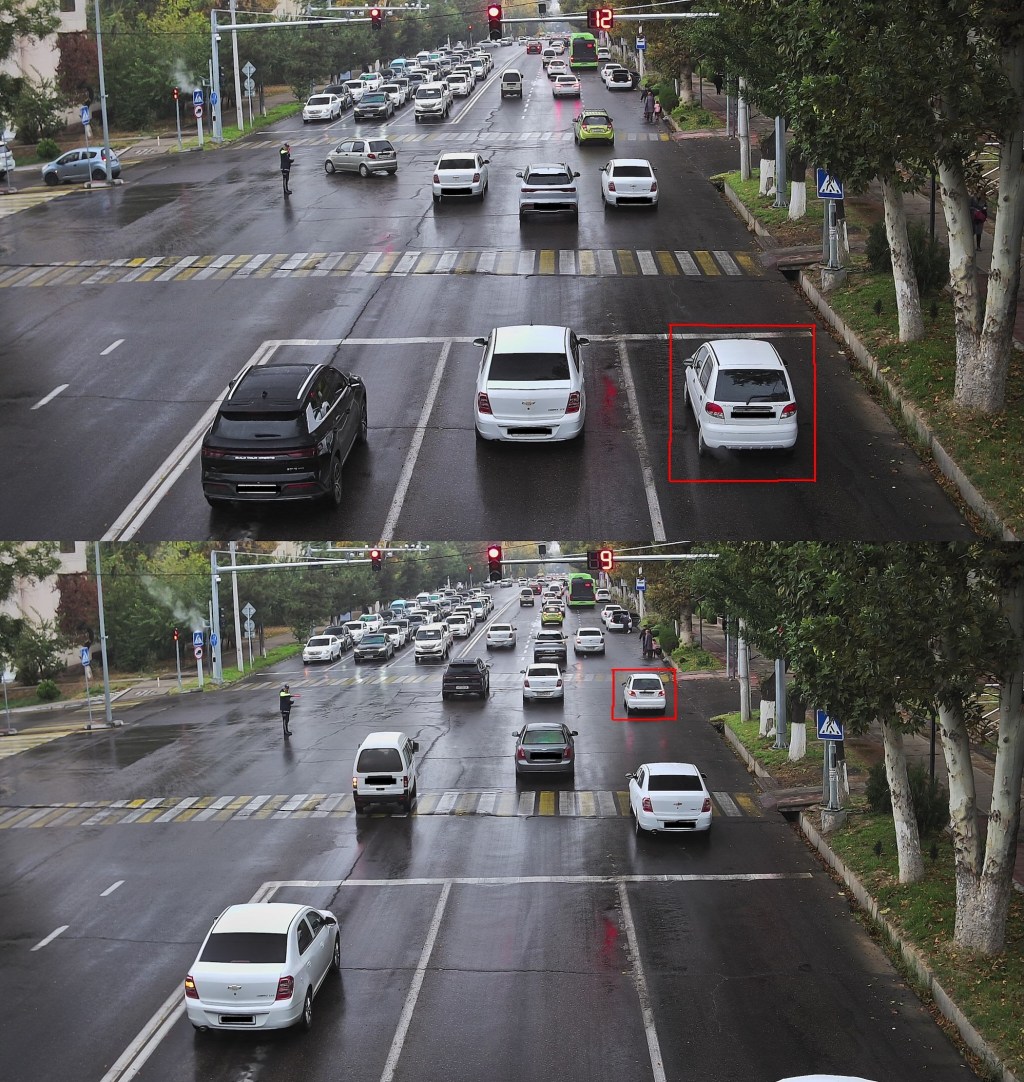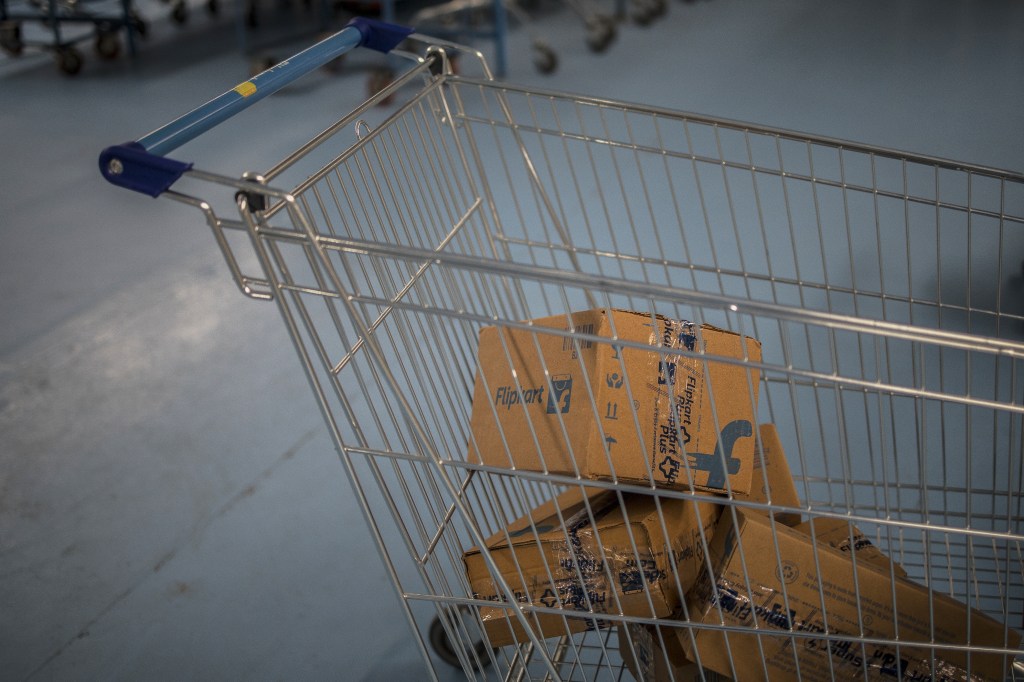In a significant strategic realignment, Tesla has decided to disband its Dojo supercomputer team, marking a departure from its previous efforts to develop proprietary chips for autonomous driving technology. This decision includes the departure of Peter Bannon, the head of the Dojo project, and the reassignment of remaining team members to other data center and computing initiatives within the company.
Background on Dojo
Introduced in 2021, the Dojo supercomputer was Tesla’s ambitious project aimed at processing vast amounts of video data from its fleet of vehicles. The primary objective was to enhance the training of machine learning models that underpin Tesla’s Autopilot and Full Self-Driving (FSD) systems. Central to this initiative was the development of the D1 chip, a custom-designed processor intended to handle the intensive computational demands of AI training.
Talent Exodus and Formation of DensityAI
The dissolution of the Dojo team follows the recent departure of approximately 20 employees who have established a new venture named DensityAI. This startup, founded by former Dojo leader Ganesh Venkataramanan along with ex-Tesla employees Bill Chang and Ben Floering, is set to emerge from stealth mode soon. DensityAI focuses on developing chips, hardware, and software designed to power AI data centers utilized in robotics, AI agents, and automotive applications.
Strategic Shift Towards External Partnerships
Tesla’s decision to terminate the Dojo project signifies a broader strategic shift towards increased collaboration with external technology partners. The company plans to enhance its reliance on industry leaders such as Nvidia and Advanced Micro Devices (AMD) for computing solutions, and Samsung Electronics for chip manufacturing. Notably, Tesla recently secured a $16.5 billion agreement with Samsung to supply AI chips, which are expected to be integral to Tesla’s self-driving vehicles, humanoid robots, and data centers.
Implications for Tesla’s AI and Robotics Vision
This move comes at a pivotal time for Tesla, as CEO Elon Musk endeavors to position the company as a frontrunner in AI and robotics. Despite a limited robotaxi launch in Austin earlier this year, which involved Model Y vehicles with human passengers and reported instances of problematic driving behavior, Musk has been advocating for shareholders to perceive Tesla as an AI and robotics enterprise. The discontinuation of the Dojo project, once deemed central to Tesla’s AI ambitions, indicates a significant shift in the company’s approach to achieving full self-driving capabilities.
Future Outlook
While the termination of the Dojo project may appear as a setback, it reflects Tesla’s adaptability in the rapidly evolving AI landscape. By leveraging partnerships with established technology firms, Tesla aims to expedite the development and deployment of its autonomous driving technologies. This strategic pivot underscores the company’s commitment to innovation and its willingness to recalibrate its approach to maintain a competitive edge in the automotive and AI sectors.



